Unraveling the Silent Crisis
Introduction
In the bustling ecosystems of Australia, where the sun-kissed landscapes stretch from arid deserts to lush rainforests, a quiet catastrophe is unfolding. The once-abundant insect populations are dwindling at an alarming rate. From the buzzing bees to the delicate butterflies, these tiny creatures play pivotal roles in maintaining ecological balance. But where have they disappeared to? Let’s delve into the mystery of vanishing insects and explore their critical importance.
The Disturbing Trends
Global Insect Decline: A comprehensive study conducted by the University of Sydney has sounded the sirens: 41% of all insect species are in decline. Even more concerning, one-third of these species are threatened with extinction. This rate of decline is approximately eight times higher than that of vertebrates. Insects, it seems, are bearing the brunt of environmental changes.
Eerily Empty Skies: During summer, whether you’re cycling, driving, or simply enjoying the outdoors, you’ll notice something amiss: fewer smashed bugs on sunglasses, windshields, and helmet visors. In some locations, the absence of insects is downright eerie. The implications of this decline ripple through entire ecosystems.
Long-Term Studies: When we examine long-term studies from Germany and Puerto Rico, the results are appalling. Over the past three decades, more than 75% of all insects have vanished in these regions. Each year, they lose around 2.5% of their remaining insect biomass. Extrapolating this trend to 2030 paints a grim picture: all insects at these sites could be gone.
Why Are Insects So Vital?
Insects may be small, but their impact is colossal:
Pollination Powerhouses: Bees, butterflies, and other pollinators ensure the reproduction of flowering plants. Without them, our food supply would suffer, affecting crops like fruits, vegetables, and nuts.
Soil Engineers: Insects aerate the soil, allowing roots to breathe and nutrients to circulate. Burrowing bugs create tunnels that sustain plant growth by providing channels for oxygen and water.
Nature’s Cleanup Crew: Beetles, ants, and other scavengers play a crucial role in recycling nutrients. They break down dead animals and fallen trees, kickstarting the decomposition process.
Sydney’s Insect Crisis
Urbanization and Pesticides: Sydney’s rapid urban expansion has led to habitat loss for insects. Widespread pesticide use further exacerbates the problem, affecting both diversity and abundance.
Christmas Beetles: These iconic insects, known for their shiny dark or vibrant colors, are declining. Of the 36 species in the genus, most are unique to Australia. At least 10 species occur in Sydney and outer regional.
Join the Discussion
Share your observations, insights, and ideas with us to help bring awareness to the insect population decrease. Let’s collectively address this silent crisis and work towards preserving our insect allies. For more information and demonstrations check out our video channel here.
Conclusion
As we contemplate the dwindling insect populations, we must recognize that their survival is intertwined with our own. The disappearance of these tiny warriors affects not only the delicate balance of ecosystems but also our food security, soil health, and overall well-being. Here’s what we can do:
Promote Biodiversity: Create insect-friendly habitats by planting native flowers, shrubs, and trees. Encourage local councils to adopt sustainable landscaping practices.
Reduce Pesticide Use: Explore natural pest control methods and minimize chemical pesticides. Integrated pest management can strike a balance between human needs and insect preservation.
Educate and Advocate: Spread awareness about the importance of insects. Engage in conversations, attend workshops, and support research initiatives.
Remember, the fate of insects lies in our hands. Let’s ensure that their hum persists in our world, weaving the intricate threads of life across continents and generations.

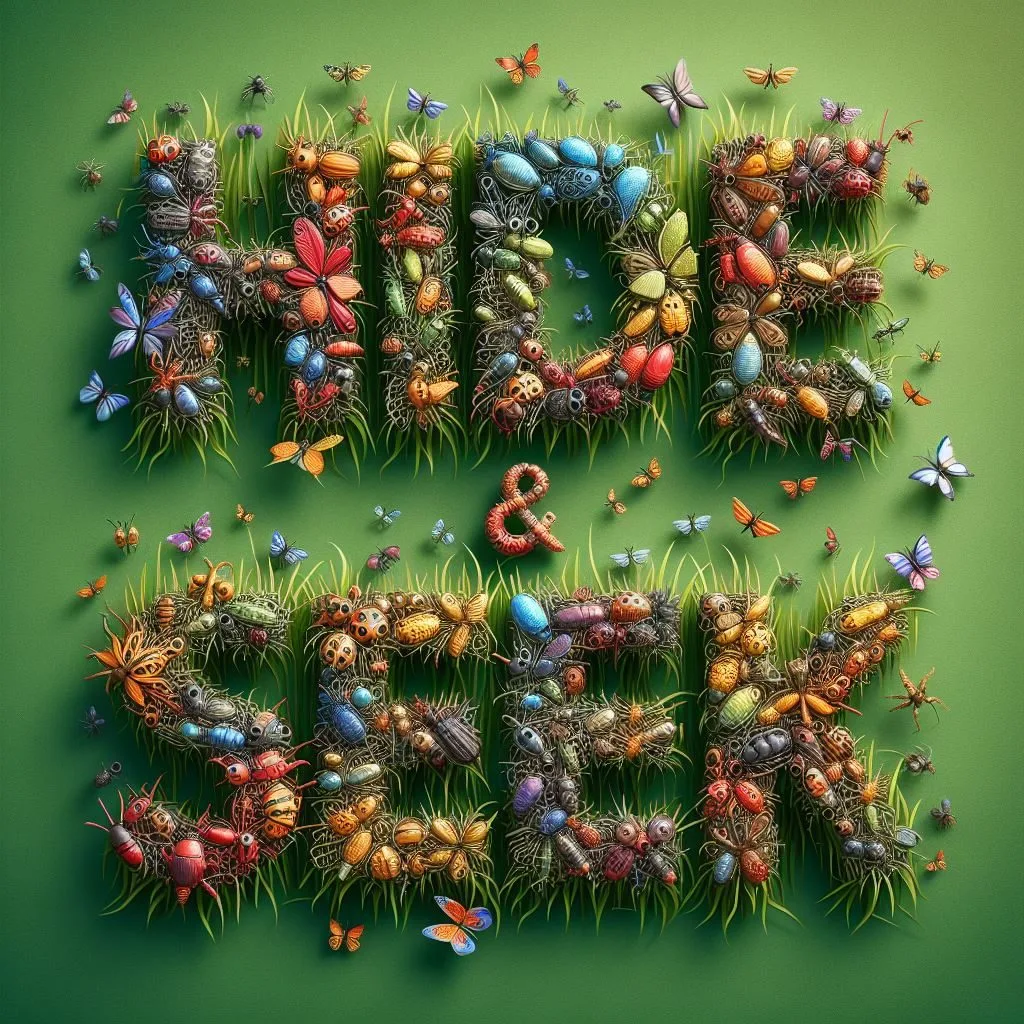

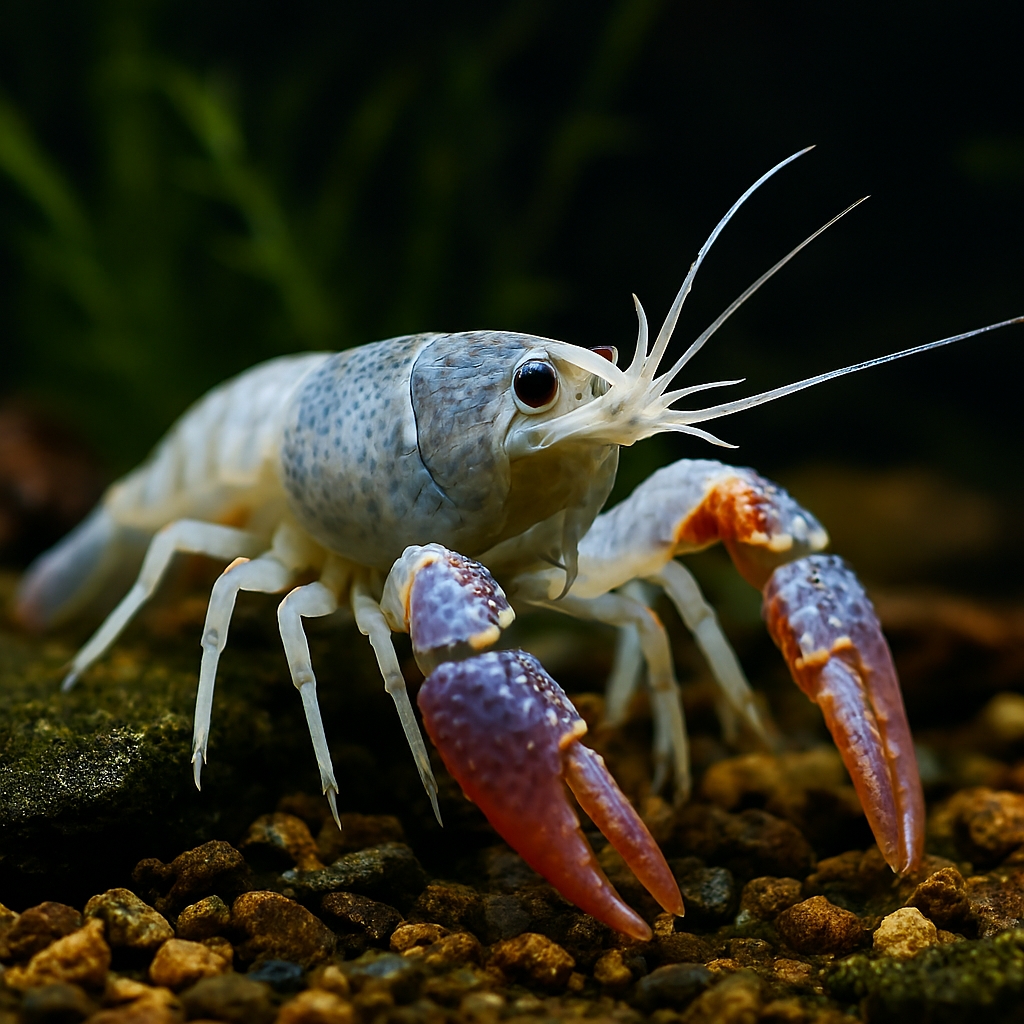
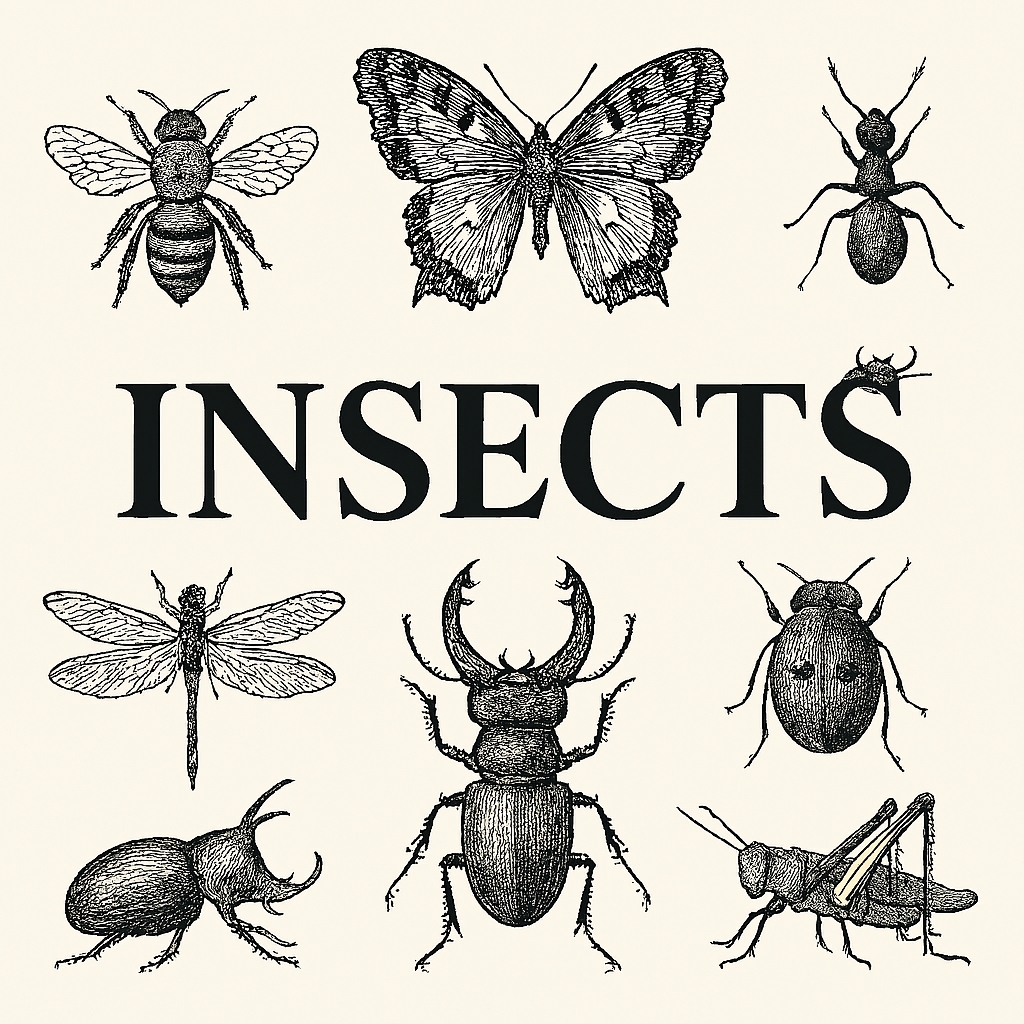










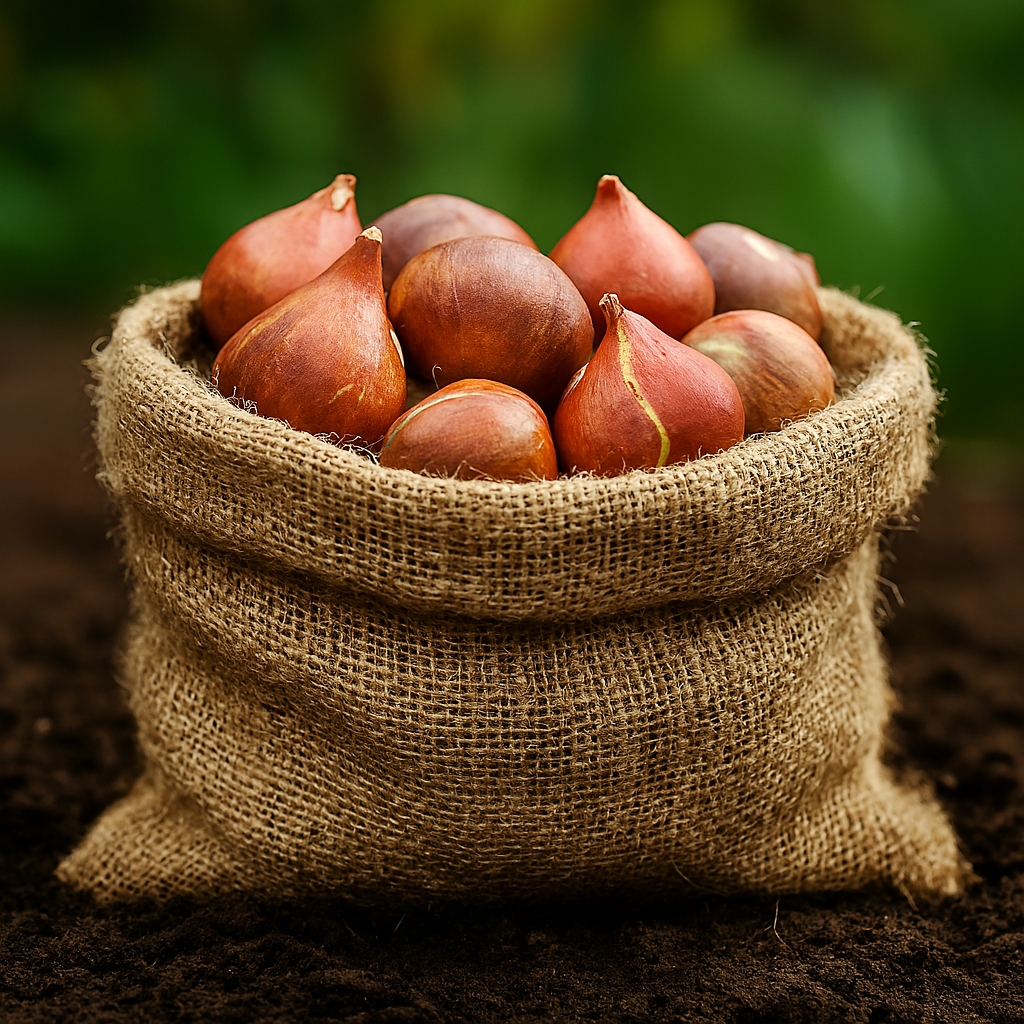
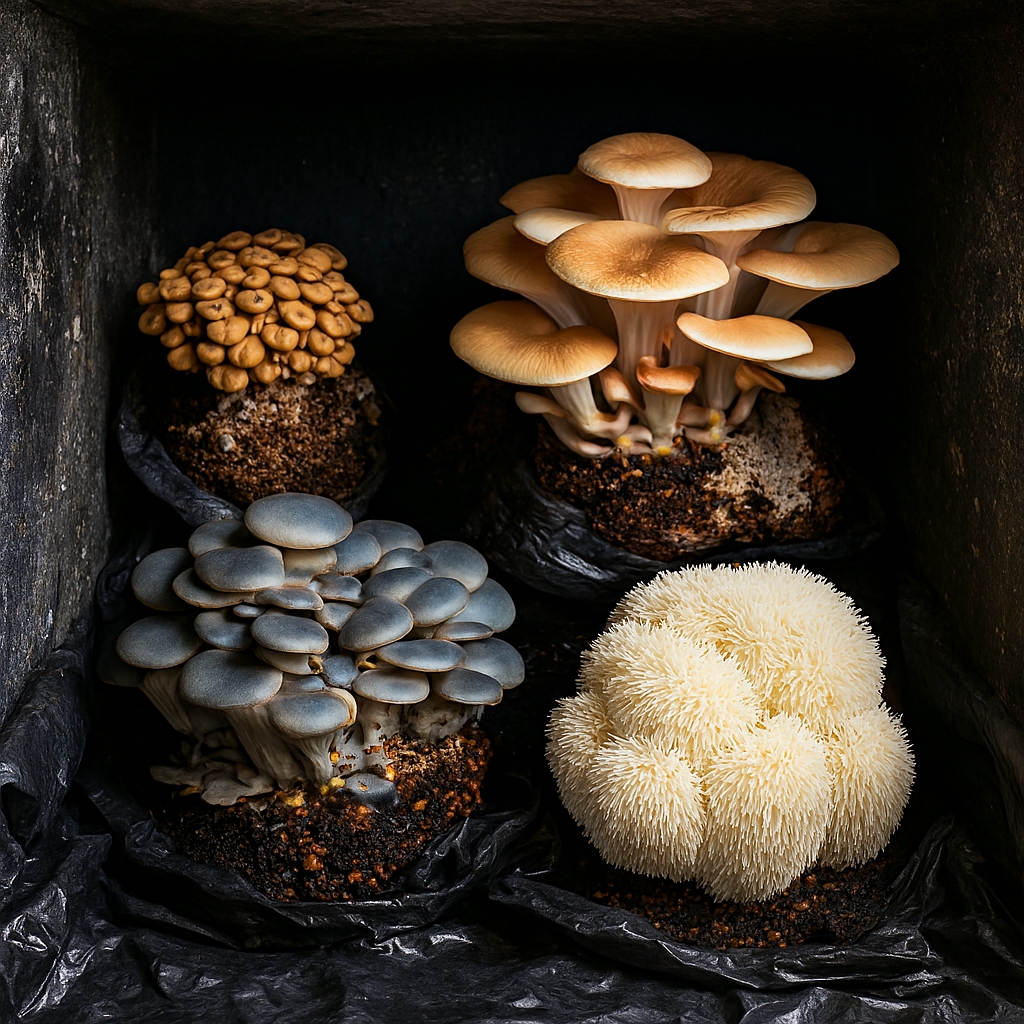
Ladonna J
I like this web blog it’s a master piece! Glad I observed this ohttps://69v.topn google.Money from blog